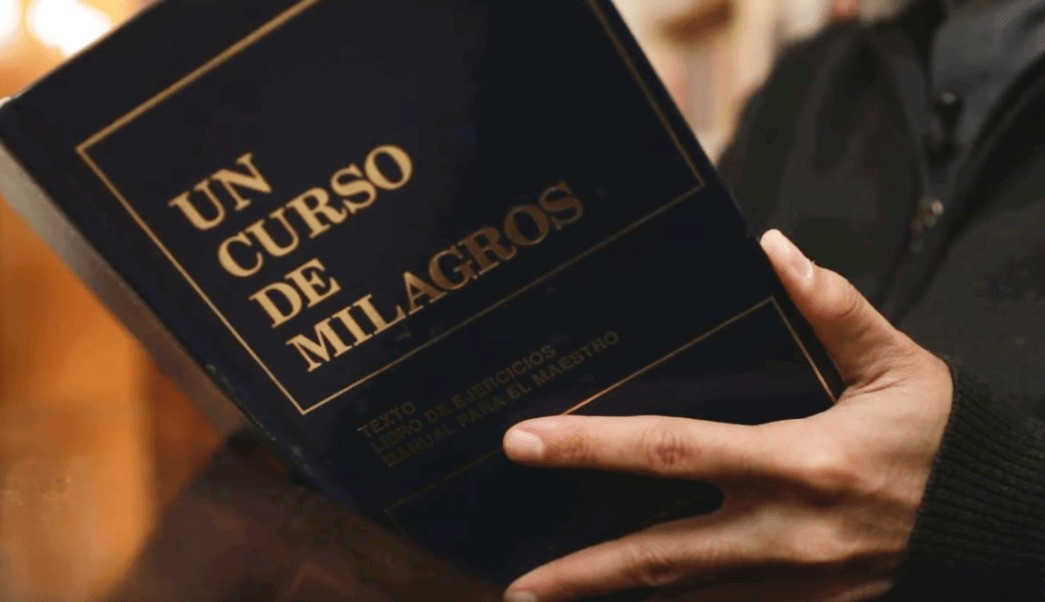You have a great idea for a nonfiction un curso de milagros . Everybody thinks it’s a great idea. But will a book publishing company think it’s a great idea – enough to pay you an advance, commission you to write it, publish your book and sell it?
That will depend largely on your book proposal. Here’s where you demonstrate persuasively that your idea has merit, and that the company will benefit from publishing your book. Of course, even a solid idea and a great book proposal can’t guarantee success, but they surely can tip the odds in your favor. But if either the idea or the proposal is weak, your chances of a sale are slim to none.
Book editors look for certain things when reviewing book ideas and proposals. To improve your chances of winning a book publisher’s contract, let’s look at the five key questions they ask and the best ways to answer them.
You want to stay away from a highly specialized book, which draws limited audience. You want your book to be among the books that appeal to a general audience or at least to a large segment of the general population. You must demonstrate to your prospective publishing agent that your large audience – of hundreds of thousands of people, if not millions – exists.
One excellent source of market data is Standard Rate and Data Service (SRDS), a book listing US magazines that accept advertising and their circulations. SRDS is available at your local library or from the publisher (tel. 847/375-5000). Look for the combined circulation of the largest publications in your book’s area.
However, keep in mind that only a small percentage of the intended audience will actually buy your book. And a major book publishing company hopes to sell at least 5,000 copies of your book. So if you’re writing a book that appeals only to the 44,171 branch managers working at banks nationwide (say, How to Manage Your Branch More Efficiently), and 2% can be persuaded to buy the book, you’ve sold only 883 copies – not nearly enough to make the project worthwhile for either you or a publisher.


